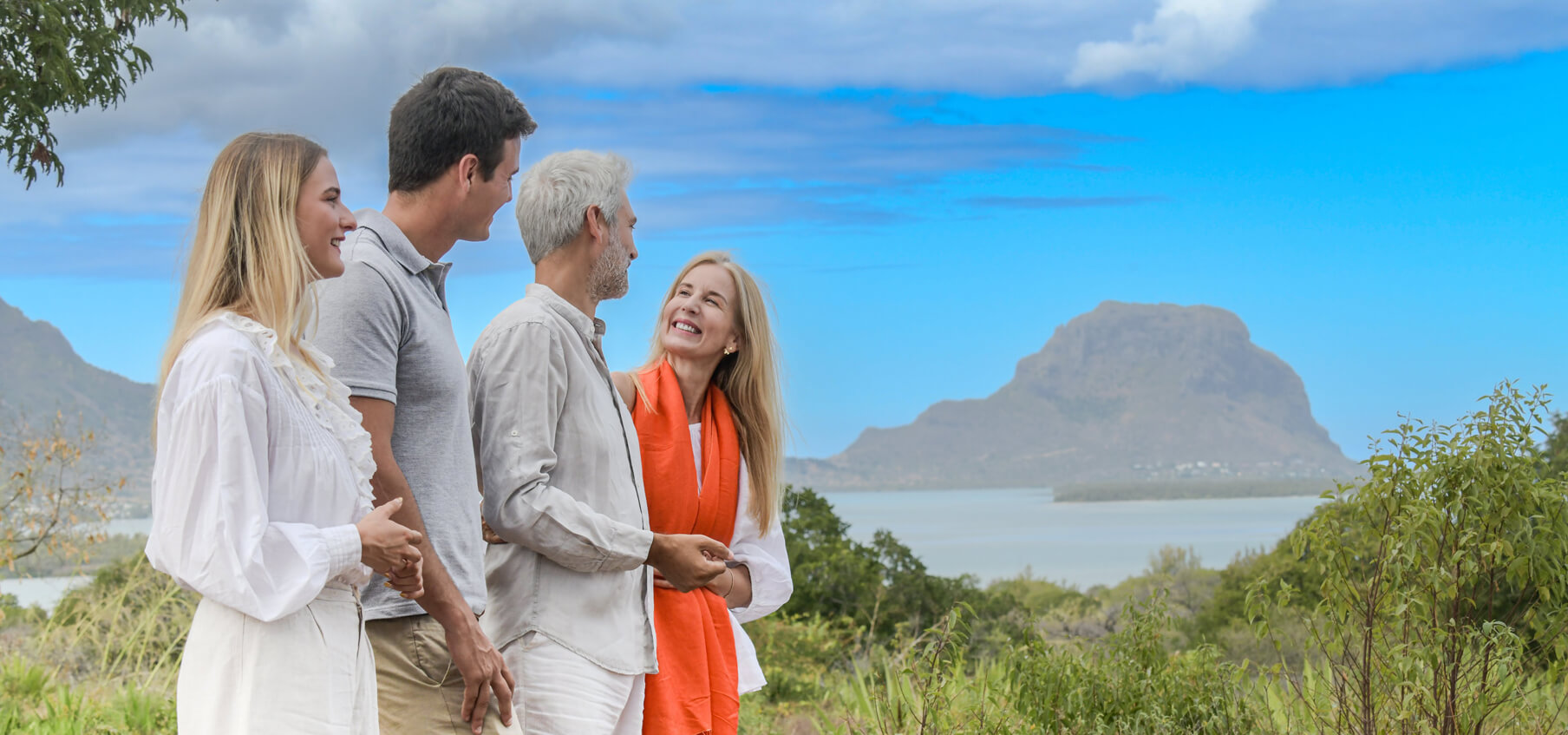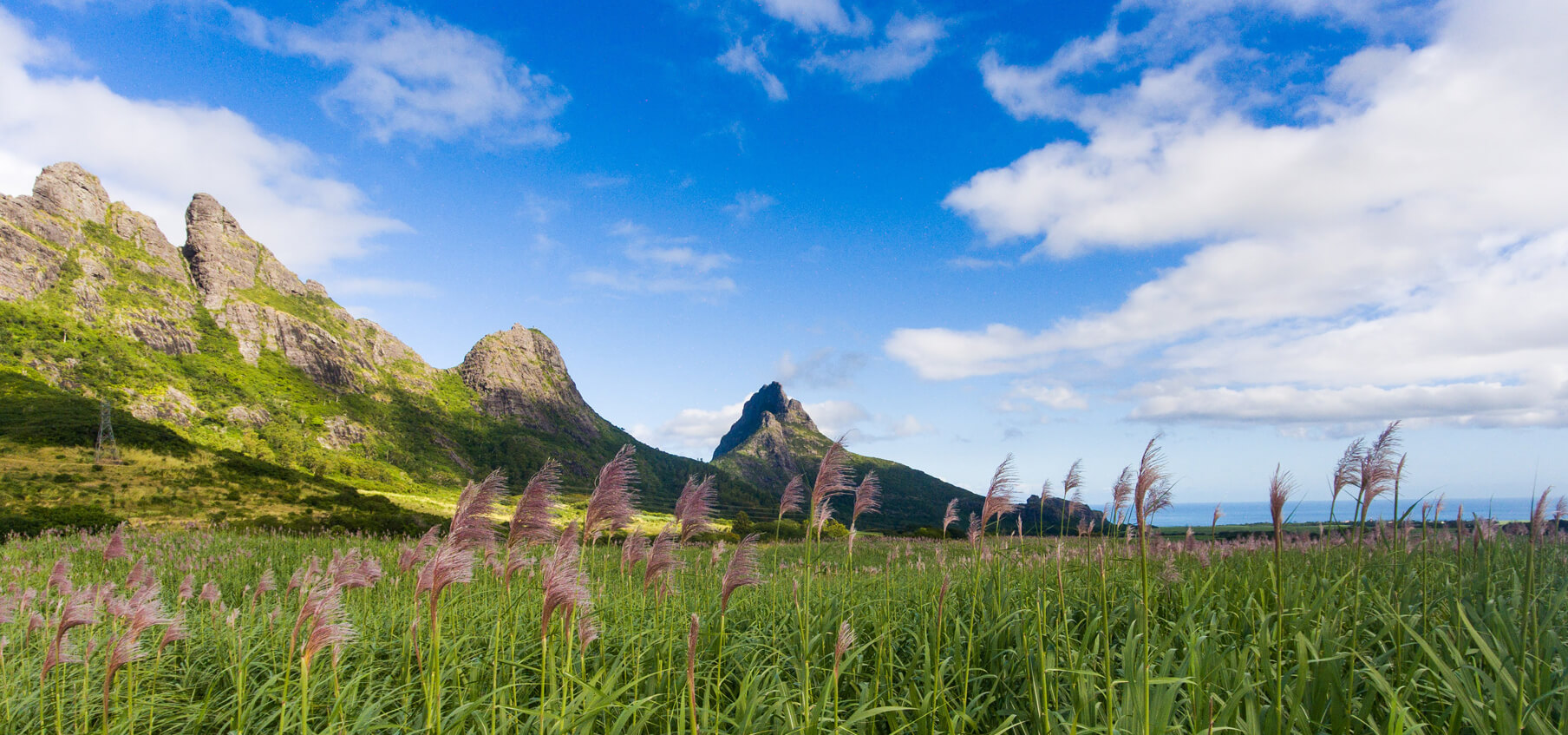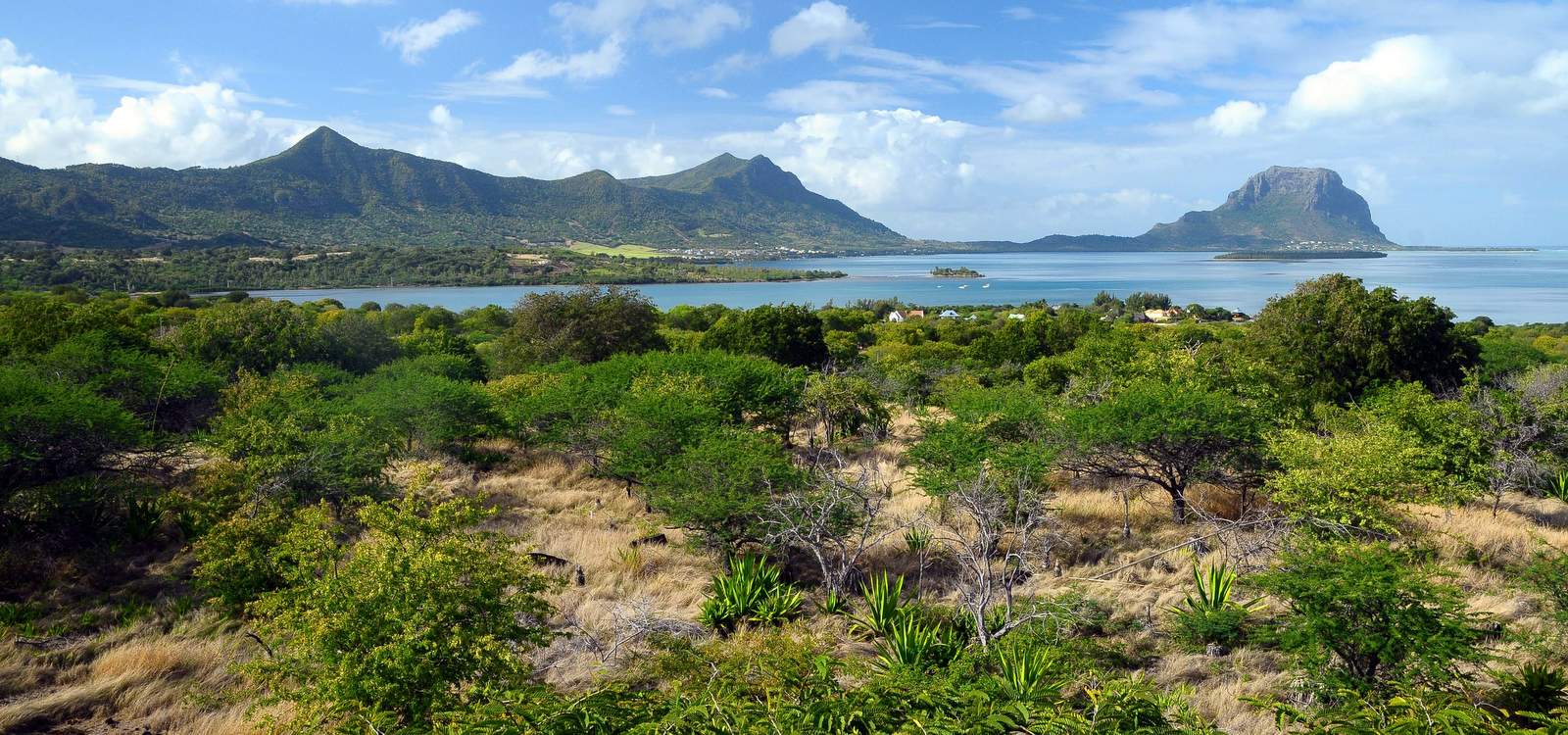Understanding the Real Estate Market in Mauritius
Embarking on a real estate investment journey in Mauritius requires an in-depth understanding of market dynamics, available property types, and the foreign ownership legal framework. This guide aims to arm you with the necessary knowledge to make an educated investment decision.
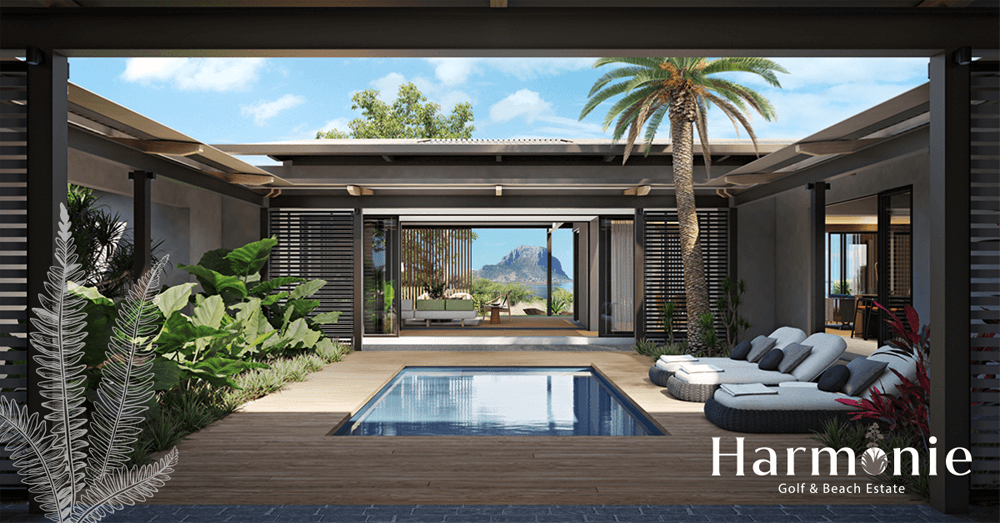
Key sectors and property types
The Mauritian real estate market is split into residential and commercial segments. The residential part encompasses houses, apartments, villas, and land, making up 80.7% of all real estate dealings in 2020, as reported by the Bank of Mauritius. Conversely, commercial properties, which include office spaces, retail outlets, hotels, and industrial buildings, accounted for 19.3%.
Diverse property types within the residential sector cater to varying market segments, including:
● Freehold properties: Accessible to anyone, irrespective of nationality, these properties are predominantly situated in urban locales, offering a plethora of amenities.
● Integrated Resort Scheme (IRS) properties: These luxurious properties form part of resort developments in coastal or golf regions. They provide upscale services like spas and golf courses and are available to foreigners, who can gain a permanent residence permit upon purchase.
● Real Estate Scheme (RES) properties: Similar to IRS properties but more affordable and modest in size. They also allow foreigners residency upon ownership.
● Property Development Scheme (PDS) properties: Introduced in 2015 to replace IRS and RES schemes, PDS properties encourage sustainable development with a mix of residential, commercial, and leisure components, open to foreign buyers eligible for residency.
Growth trends and investment hotspots
Over the past decade, Mauritius's real estate market has exhibited steady growth, bolstered by robust demand, stable politics, a favourable tax environment, and an appealing lifestyle. The sector significantly contributed to the nation's GDP and maintained growth in the past years despite global economic challenges following the COVID-19 pandemic, according to the Economic Development Board of Mauritius.
Value appreciation trends vary across locations and property types. Coastal regions, particularly the north and west, have seen significant valuation increases, favoured by tourists and expatriates. The luxury property segment, including IRS, RES, and PDS properties, has likewise experienced high demand, particularly from European and South African purchasers seeking second homes or retirement destinations. The mid-range segment, especially freehold properties, continues to attract the local middle class and young professionals.
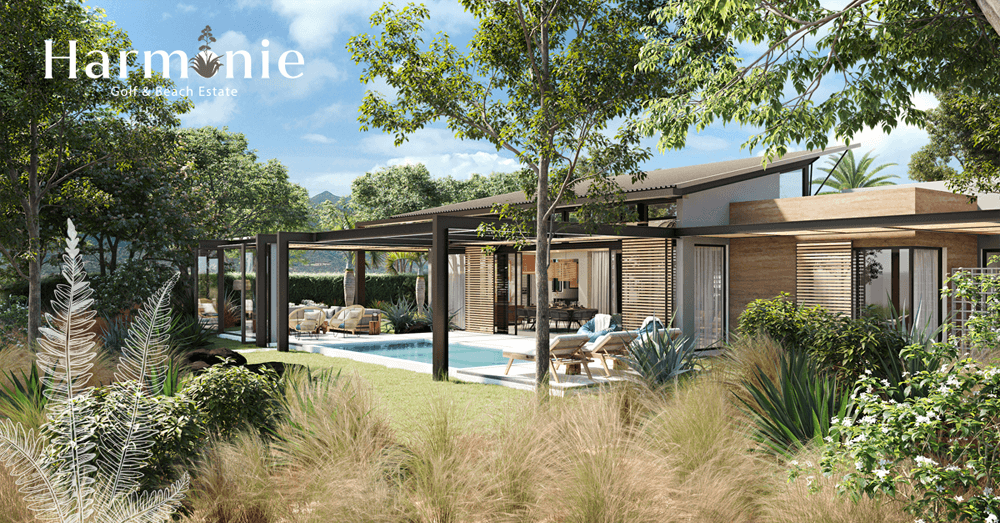
Legal framework for foreign investors
Mauritius boasts a welcoming and transparent legal framework for foreign investors, characterised by unrestricted fund repatriation, no capital gains or inheritance taxes, and a flat income tax rate of 20% on chargeable yearly income exceeding MUR 2,390,000 (Approx USD 53,000). Foreign investment in property is facilitated through various schemes:
● Integrated Resort Scheme (IRS): Enables foreigners to purchase luxury resort properties with a certain investment threshold, granting them a permanent residence permit.
● Real Estate Scheme (RES): Allows foreign property ownership in resort developments without a minimum investment, offering residency for the duration of ownership.
● Property Development Scheme (PDS): Encourages purchases in sustainable developments without a minimum investment, with residency benefits.
● Smart City Scheme (SCS): Facilitates ownership in innovative cities with no minimum investment and residency benefits.
● Ground+2 Scheme: Permits apartment purchases in multi-story buildings, providing residency upon meeting a certain investment threshold.
To acquire property in Mauritius, foreign investors must follow these steps:
1. Locate a suitable property through online platforms or through local estate agents.
2. Present an offer to the seller, detailing the price and terms.
3. Sign a preliminary contract, committing both parties to the sale upon meeting specific conditions and depositing 10% to 20% of the purchase price in escrow.
4. Apply for a permit from the Economic Development Board of Mauritius, with approval varying by property type and purchase scheme.
5. Execute the final sale deed, transferring ownership and covering all related fees, approximately 5% to 10% of the purchase price.
Mauritius: A Hub for Luxury and Lifestyle Investments
Mauritius isn't just a fantastic place to call home—it's also an exceptional choice for investors. This island paradise boasts an array of luxury estates and villas, along with a wealth of lifestyle amenities and a vibrant community, making it the perfect locale for anyone in pursuit of a premium and high-quality lifestyle.
![]()
Luxury estates and villas
At the heart of Mauritius' real estate allure are its luxury estates and villas, crafted to provide ultimate comfort and convenience. These exquisite properties are strategically situated in prime locales—be it the coast, near a golf course, or nestled in the mountains—offering breathtaking views that complement the serene environment. They come loaded with contemporary amenities, including pools, spas, gyms, and lush gardens, all backed by top-tier security and maintenance services.
Mauritius' property market includes various types of luxury estates and villas under schemes such as the Integrated Resort Scheme (IRS), the Real Estate Scheme (RES), the Property Development Scheme (PDS), and the Smart City Scheme (SCS). These schemes not only allow foreigners to own property but also to secure a residence permit upon purchase, offering a range of options from apartments and penthouses to villas and land, with price tags ranging from EUR 240,000 to EUR 11,973,500.

Lifestyle amenities and community
Investing in Mauritius also opens doors to an array of lifestyle amenities and a close-knit community that significantly enhance the living experience. These amenities and the community spirit include:
● Recreational activities: Mauritius is a haven for lovers of the outdoors and water sports, offering countless opportunities to indulge in surfing, diving, fishing, hiking, and golfing. These activities can be enjoyed within the resort developments or amidst the island's natural wonders, such as beaches, lagoons, forests, and mountains.
● Cultural diversity: The island is a melting pot of cultures, blending Indian, African, Chinese, and European influences. This diversity enriches Mauritius' food, music, art, and religious traditions, creating a vibrant cultural tapestry. Numerous festivals, like the Chinese New Year, Holi, and Diwali, celebrate this cultural richness.
● Friendly community: Known for its warm hospitality, Mauritius offers a welcoming environment to all. Its people are open-minded, respectful of diverse beliefs and values, and embody a strong sense of community and solidarity, always ready to lend a hand or share a smile.
![]()
Strategic Advice for Prospective Investors
Embarking on a real estate investment journey in Mauritius can be both profitable and fulfilling, demanding meticulous planning and strategy. In this guide, we offer essential strategic advice to help prospective investors maximise their property investments in Mauritius. Key areas covered include due diligence, financial landscape familiarity, and adeptness at navigating cultural and local market intricacies.
Conducting due diligence
Conducting thorough due diligence is a critical step before purchasing property in Mauritius, providing clarity on the property, seller, and developer. This process includes
verifying the integrity of information and documents, which aids in avoiding risks like fraud, legal disputes, or obscured defects.
Important aspects to verify during due diligence include:
● Title and ownership: Confirm the seller's clear title and check for any encumbrances. Ensure registration with the Registrar General's Department and verify property boundaries and measurements against the title deed.
● Permits and property scheme: Verify the property's approval by the Economic Development Board of Mauritius under schemes permitting foreign ownership, such as IRS, RES, PDS, SCS, or Ground+2. Compliance with relevant laws and regulations is also paramount.
● Developer and project credibility: Assess the developer's track record and the project's financial and environmental sustainability. Confirm all necessary approvals and project delivery according to agreed specifications and timelines, including guarantees and warranties for property quality and completion.
Prospective buyers can leverage online resources like the FIU, EDB, or Registrar General's Department sites or engage local professionals, such as lawyers or estate agents, to facilitate due diligence.
Understanding the financial landscape
Grasping the financial dynamics is another crucial step, encompassing the costs, benefits, and various financial implications of the investment.
● Purchase price and payment terms: Discuss and negotiate these aspects with the seller to ensure a fair deal, considering market trends and property specifics.
● Taxes and fees: Be informed about applicable taxes and fees, including registration duty and property tax, and factor these into your budget planning.
● Financing options: Investigate available funding avenues, such as bank loans or personal savings, tailored to your financial standing and property choice.
● Profitability and ROI: Evaluate the investment's profitability potential, looking at aspects like rental yield, capital appreciation, and tax benefits, against other investment options. Real estate in Mauritius generally boasts a 4% profitability rate, enhanced by price growth and favourable tax conditions.
![]()
Navigating cultural and local market nuances
The final preparatory step involves understanding and adapting to the cultural subtleties and local market trends that define Mauritius' unique investment backdrop.
● Language and communication: Effective communication in English, French, or Creole is critical. Consider hiring a translator if necessary.
● Etiquette and customs: Embrace the diverse Mauritian culture by observing local etiquette, dressing appropriately, and respecting societal norms and values.
● Market trends and dynamics: Stay abreast of the real estate sector's trends, such as demand for residential properties and the popularity of investments by non-residents, to inform your investment strategy.

